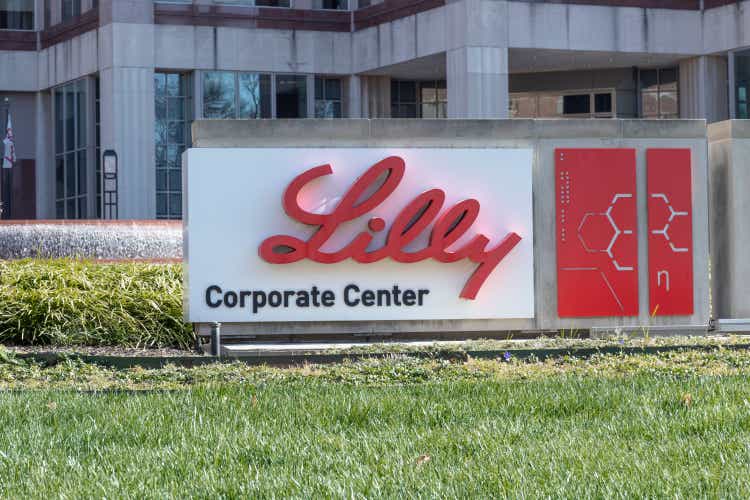
jetcityimage/iStock Editorial via Getty Images
A U.K. watchdog has declined to endorse Eli Lilly’s (NYSE:LLY) Alzheimer’s drug donanemab for use in the country’s national health service (NHS), noting that therapy was too costly to warrant coverage in Britain.
The National Institute for Health and Care Excellence (NICE), which sets drug policy for the NHS, issued a draft guidance on Wednesday, noting that the use of donanemab “does not currently demonstrate value for the NHS and cannot be considered good value for the taxpayer.”
“The cost-effectiveness estimate for donanemab is 5 to 6 times above what NICE normally considers an acceptable use of NHS resources,” NICE said. It is estimated that around 70,000 adults in England would have been eligible for treatment with donanemab.
Donanemab, an injection for intravenous infusion every four weeks, in indicated to treat mild cognitive impairment and mild dementia due to Alzheimer’s disease in eligible adults.
The rebuke came shortly after the U.K. drug regulator, the Medicines and Healthcare Products Regulatory Agency (MHRA), approved the drug, making Great Britain the third major market where donanemab has received approval. The therapy was first approved in the U.S. in July 2024 and then approved in Japan in September 2024.
In the U.S., donanemab treatment costs ~$78,000 per year when necessary scans and monitoring are factored in.
This marks the second such rejection in the U.K. for an Alzheimer’s therapy, after Biogen (BIIB) and Eisai’s (OTCPK:ESAIY) Alzheimer’s drug Leqembi met a similar fate earlier this year. In August, NICE issued a draft recommendation that the NHS not cover lecanemab because its benefits were too small to justify the cost.
